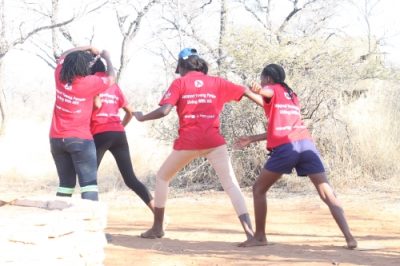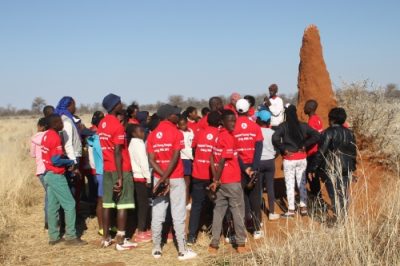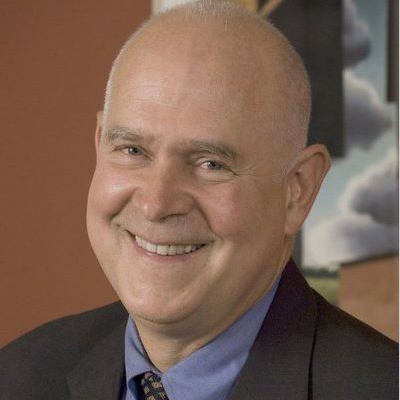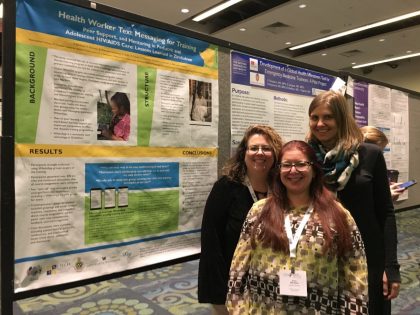
All teens need consistent opportunities to build self-worth, explore their gifts, and feel the support of peers and adults. For teens who are HIV positive, the everyday pressures and fears of adolescence (rejection, bullying, gossip) can be amplified, making these opportunities especially important. In Namibia, adolescents and young people, especially girls and young women, continue to be disproportionately affected by HIV.
In response to these realities, in late August, a three-day Teen Club Retreat was organized by the Katutura Hospital Paediatrics Communicable Disease Clinic (PCDC) team, in collaboration with B2Gold, Champions for Life, and the International Training and Education Center for Health (I-TECH).
Fully funded by B2Gold and hosted at its Otjikoto Mine Nature Reserve, the retreat included 49 teens from the clinic (31 girls and 18 boys), who were joined by clinic doctors, nurses, and counselors as well as facilitators from Champions for Life, a psychosocial-spiritual program for children, adolescents, and young adults with the challenges of being infected or affected by HIV.
Through team exercises, game drives, inspiring films such as “Hacksaw Ridge” and “The Soul Surfer,” lectures, and small group sessions, the retreat aimed to:
- strengthen bonds and networks;
- create enthusiasm about the future;
- develop self-respect;
- instill the values of a healthy environment, teamwork, and responsibility; and
- keep teens engaged in care.
“I enjoyed the movies, as they motivated me. I realized that I am not the only one facing challenges. When I courageously tackle my challenges, I remain strong even if I may not win them all.” – Teen Club member
I-TECH Namibia’s Sharon Mambo, an HIV Pediatric Expert Nurse, served as a chaperone and as one of the key organizers of the retreat. Mambo led a discussion on the importance of treatment adherence and viral load suppression. In addition, she tasked one of the teens with facilitating a discussion on “transitioning,” the process during which adolescents move from paediatric HIV care to more independent adult care. At Katutura hospital, this means accessing health services at an adult ART clinic.
Addressing the teens’ fears of waiting too long for services and meeting unfamiliar faces, Mambo assured the group that a specific health worker has been assigned to work with them and they would be “fast tracked.”
“It’s a matter of changing consultation rooms when you transition to the adult clinic,” said Mambo. “You will still meet the happy, friendly staff on the other side, so lay your worries aside.”

Highlights of the retreat also included a tour of the B2Gold mine and a game drive, where the kids were thrilled to see reserve animals including giraffes, springboks, wildebeests, and zebras at close range. “I got to see some of these animals for the first time,” said one teen. “I never knew that some animals could be as clever as human beings.”
The team from Champions for Life also held a full-day seminar titled “NICHE,” focused on self-image, identifying gifts and abilities, and creating one’s vision for the future. This was done through music, dance drama, group presentations, and poetry.
“I enjoyed the team-building activities because we got to work as a group and had the opportunity to come up with ideas together as a team.” – Teen Club member
“A major success of this trip was the close bond, mutual respect, and trust that developed between the staff and adolescents during the three days,” says Mambo. “The shared experience and willingness of the staff to participate fully in all sessions of the program really lowered some of the barriers and discomfort that normally exist between teens and adults.”
Mambo has also been working with teen leaders from the group to support other facilities in Windhoek to establish their own Teen Clubs.



